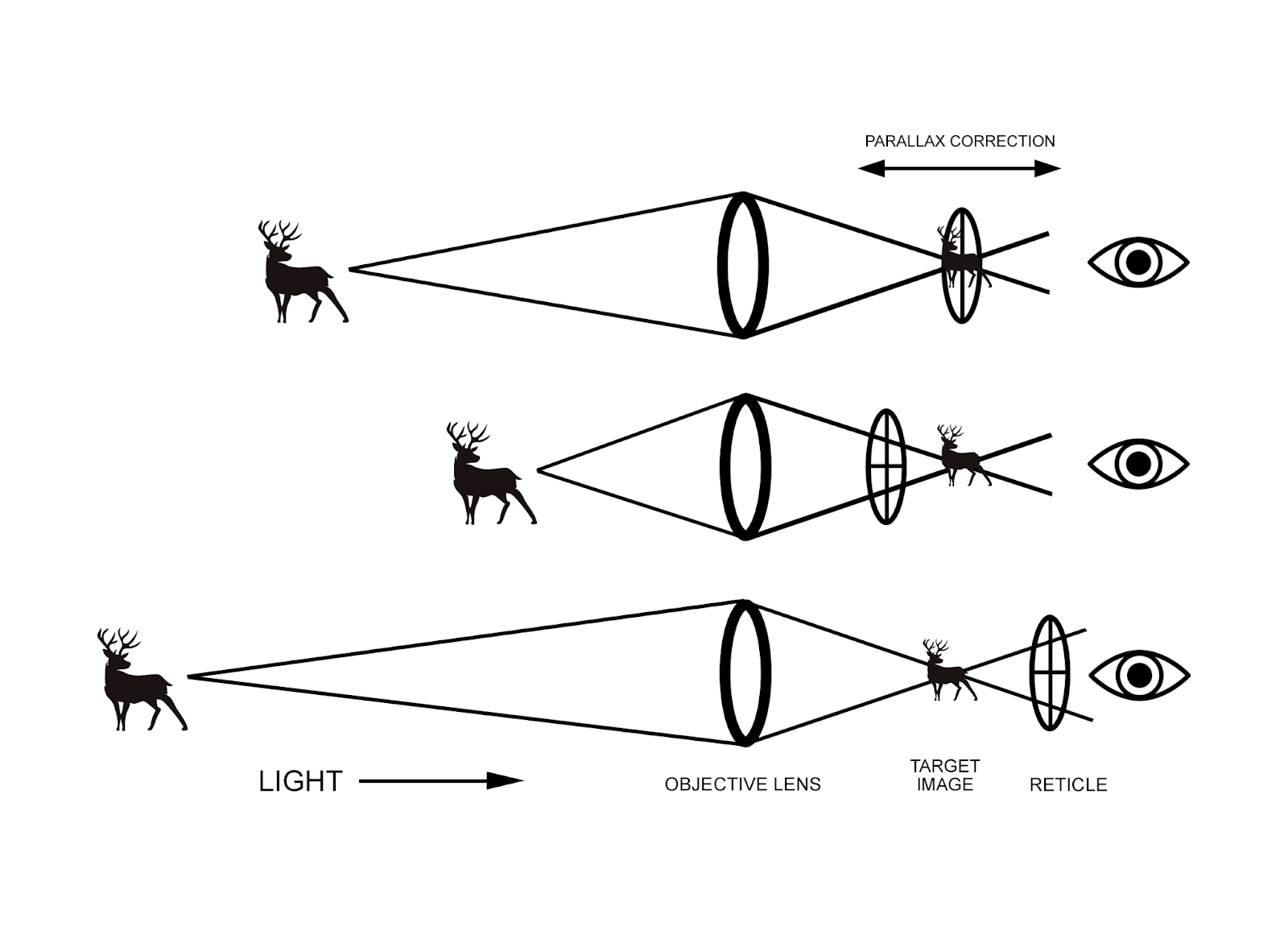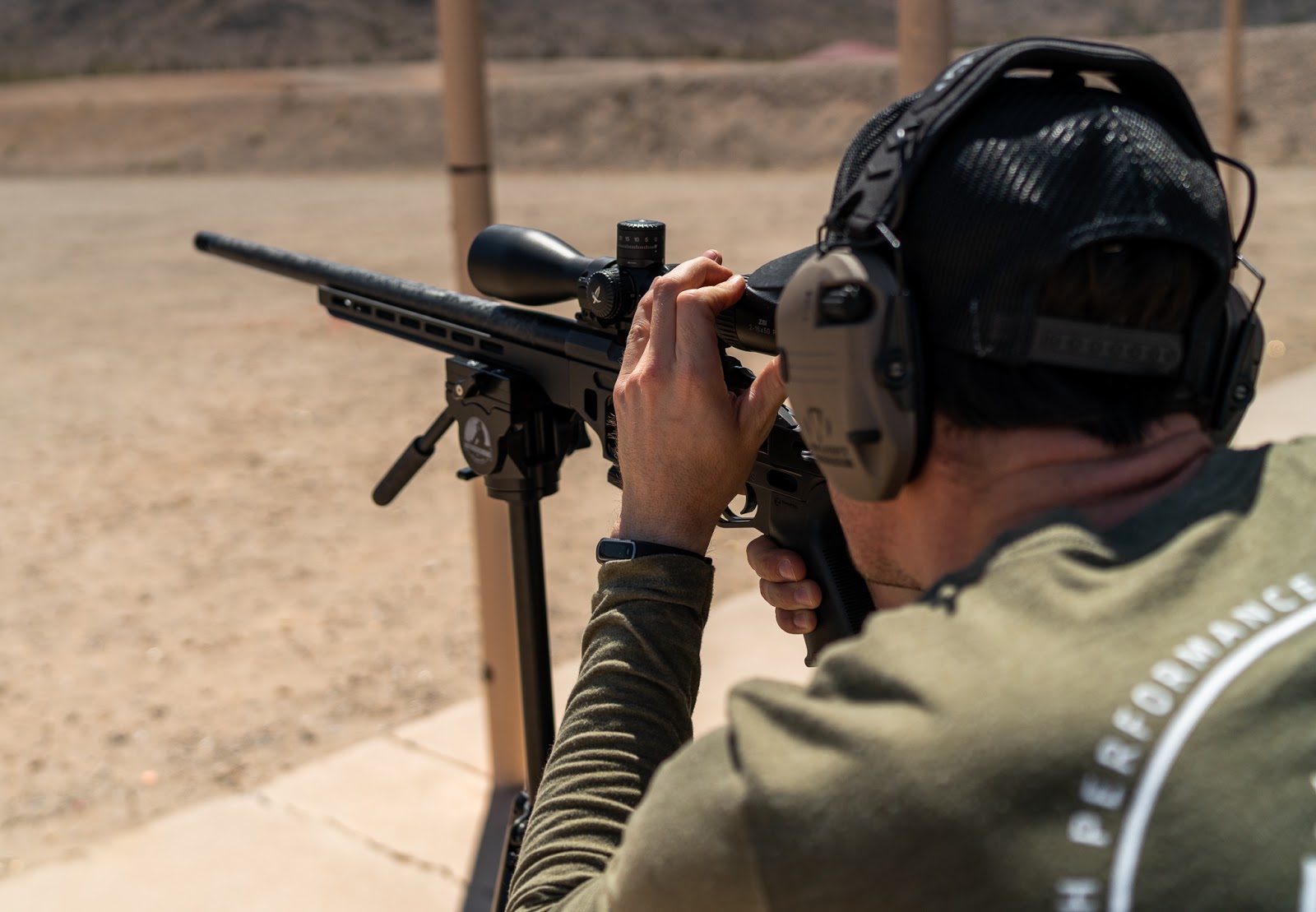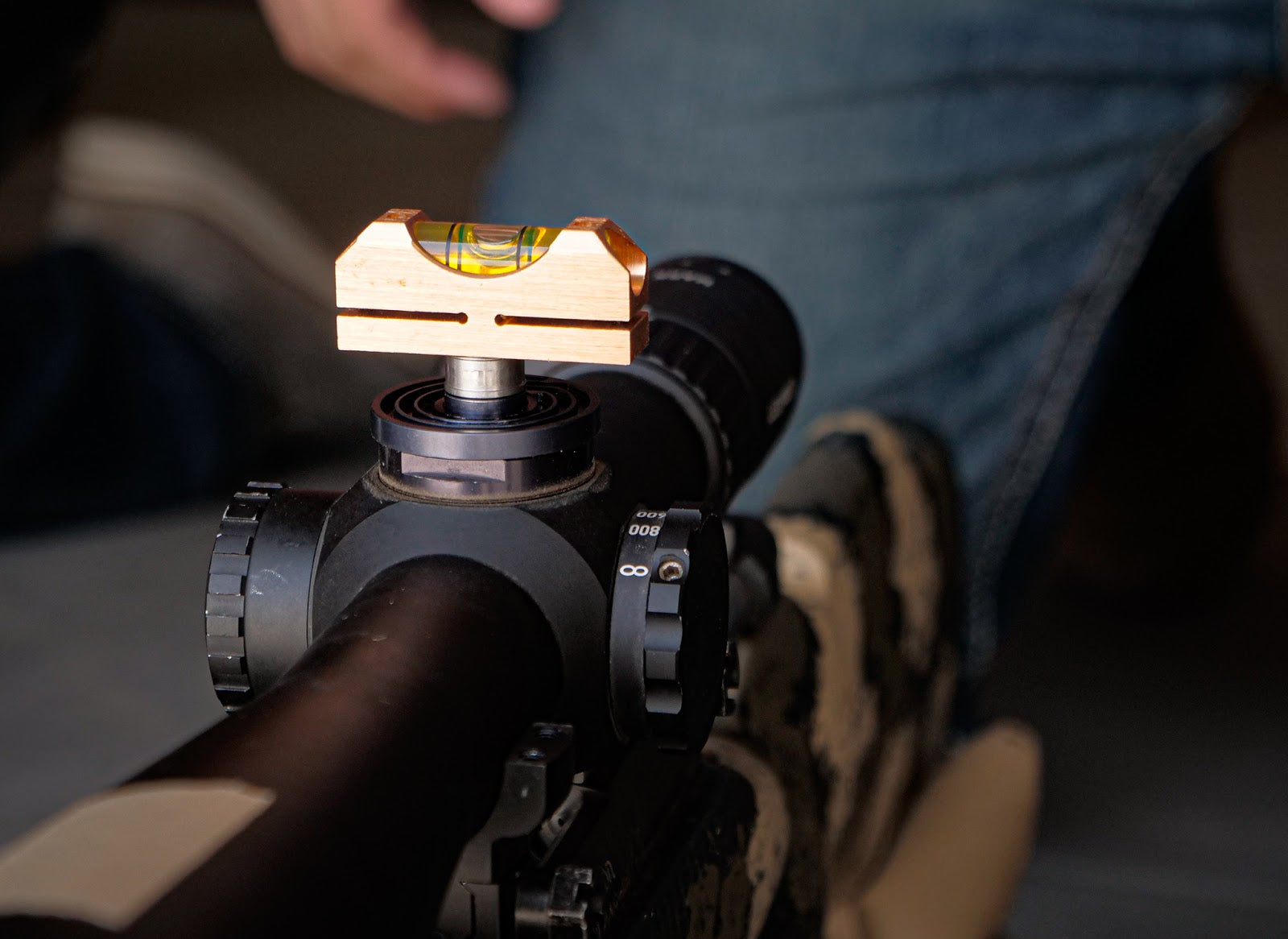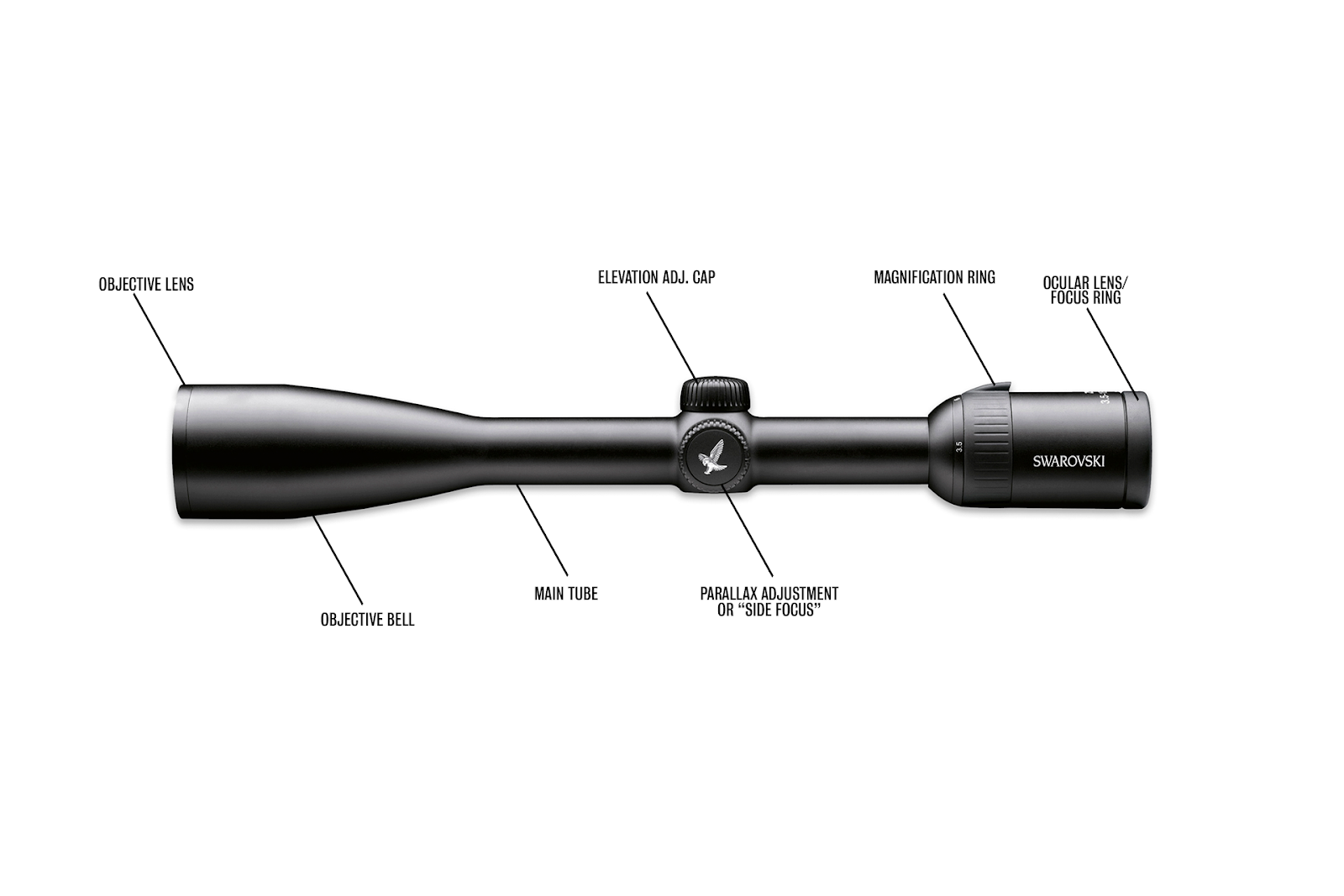Parallax correction is a feature available in nearly all modern rifle scopes. The effect of parallax is presented when your reticle appears out of focus with respect to your target, and to the focal plane of the scope. Although generally not an issue at ranges of less than 150 yards, this optical effect can greatly alter your point of impact at longer ranges.
The overall goal of parallax correction is to get your rifle scope reticle on the same focal plane as your target image. If these images are not in the same focal plane, either one can appear soft or out of focus when you look at the other through your scope. This causes eye strain and can lead to inaccurate shots or even target confusion for inexperienced shooters.
Table of Contents
The Parallax Effect – what you’ll see:
- The image of your target is clear but your reticle appears out of focus.
- The image is clear when looking head-on, but the reticle shifts left or right when you move your head or look through the scope at an angle.

How It Works
Light enters a rifle scope through the objective lens, is projected onto a prism, and is then flipped, reflected several times, and presented via the ocular lens. Your reticle typically lies between your eye and that projected image, regardless of the “focal plane” (FFP or SFP) of your scope.
When shooting at longer (>150 yards) distances, the focal length of your vision is adjusted by your brain to compensate for the distance to the target. This means that your reticle will appear slightly blurry or move when you adjust your viewing angle. It goes without saying, but if your reticle moves laterally and off-target when you move your head behind the scope, your point of impact will follow!

Focusing Your Reticle
Before attempting to adjust for parallax, ensure that your reticle is in focus. An easy way to do this is to look through your scope at a plain, ideally bright background that’s at least five yards away. Your scope likely has a reticle focus ring on the ocular lens – the one that you put your eye to. Adjust that ring as you would a binocular or camera focus until your reticle is sharp and clear to your eye.
This adjustment will ensure that your parallax correction is valid. This adjustment may vary from shooter to shooter, but as long as the current shooter has the reticle in focus, the parallax adjustment should remain constant.

Correcting Parallax
Most modern rifle scopes have a parallax correction system that involves a dial on the side of the main tube, often referred to as a “side focus.” These systems allow a shooter to adjust the image of the target backward or forward to match the focal plane of the reticle. Many of these dial systems are marked with yardage in increments of 50 or 100 yards to aid in correction.
A simple way to find the correct position of the dial is to set up a clear target that stands out well from the background, get your rifle in a secure rest position, and with the magnification at its highest level, look through the scope and begin to shift your head (and therefore your viewing angle) back and forth.
If your reticle appears to move or shift with your head movement, you have a parallax issue. The yardage indicators on your parallax adjustment will be a helpful starting point for corrections. Depending on your range and magnification level, the correction may be extremely fine or up to a full revolution of the dial.
Adjust until your reticle is sharp against your target and appears to lock on to your aiming point. You should be able to view both the reticle and the target without shifting focus. If you have made an adjustment and still have some play, continue making very fine corrections until you can move your angle as far as possible while maintaining a full image through the scope. The same process applies to an objective lens ring-style system, but it is not as precise as the dial type with yardage indicators.
Once you are satisfied with your adjustment at maximum magnification, LEAVE IT. You generally will not have to adjust it again unless the circumstances or shot range are extreme. These adjustments and changes are very slight, so keep that in mind when working to correct this issue.
When buying a rifle scope, be sure to consider the distances you plan to shoot and the ergonomics of its adjustment systems. The best way to familiarize yourself with a rifle scope is to physically hold one in your hands. The style of adjustment is not critical, but the adjustment itself will eliminate a lot of headaches when working to zero your rifle or make those critical shots.









































